SUMMARY
This is AI generated summarization, which may have errors. For context, always refer to the full article.
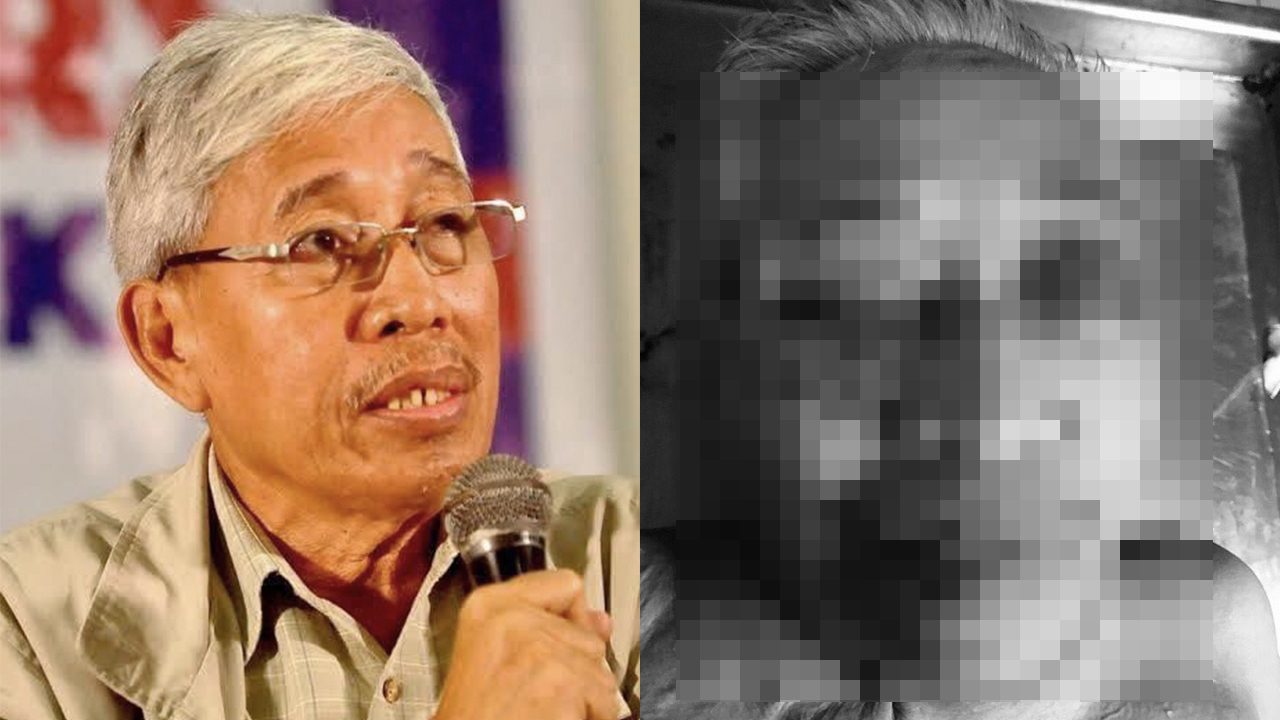
The killing of known activist and National Democratic Front (NDF) peace talks consultant Randall “Randy” Echanis has sparked new scrutiny of how authentic or effective government mechanisms are in investigating and exacting accountability for politically-motivated killings.
Rights group Karapatan said on Wednesday, August 12, that it was “cynical” about the Department of Justice or DOJ’s special investigation.
The DOJ has put the Echanis case under its Administrative Order (AO) 35 mechanism, a special unit looking into politically-motivated killings or extrajudicial killings (EJK) of people with known advocacies.
“Hundreds of activists have already been killed under this fascist regime and the DOJ’s task force has brought none of them to justice and failed to hold their perpetrators accountable,” Karapatan said in a statement on Wednesday.
Justice Secretary Menardo Guevarra responded by saying, “The DOJ will just go ahead and do what it is duty-bound to do.”
Police role in investigation
Guevarra said the day before, Tuesday, August 11, he was still weighing calls to remove the police from their special investigation. “We’ll determine this as more facts come to the fore. We do not wish to make any prejudgment as to the possible perpetrators at this time,” Guevarra had said.
The AO 35 task force has police as members.
Peasant group Anakpawis, which the 72-year-old Echanis chaired, alleged that “police forces raided his house” early morning Monday, August 10, after which he was found dead.
National Union of Peoples’ Lawyers (NUPL) president Edre Olalia said that Echanis had “more than 20 stab wounds and possibly tortured by 5 armed men in the dead of the night while alone in his own rented place while there was a strict curfew, with plenty of armed police and barangay in street corners.”
The Free Legal Assistance Group (FLAG) said “from all indications, Mr. Echanis and Mr. Tagapia were, at the time of their killing, peacefully inside a private dwelling and were not engaged in any acts that would even remotely justify the use of armed force by the authorities, their agents, or cohorts.”
Echanis’ neighbor, Louie Tagapia, was also found dead.
Forensics
There is no autopsy yet as a dispute over the identity of the dead body is still ongoing. Police have doubts it is Echanis because an ID found in the crime scene bears the name Manuel Santiago.
Police want to conduct a DNA test, but this move is slammed by the Echanis family’s lawyers.
The family had already positively identified Echanis and had released photos, but the activist’s body was taken by the police to another funeral parlor, where they detained a paralegal guarding the body.
“Why require such a process? Why not just release the body of Ka Randy to his family so that they and Ka Randy’s friends can properly mourn his death and pay him their last respect? Are the police trying to cover up something?” said the family’s lawyer Jobert Pahilga of the group Sentra.
Guevarra said he will ask the National Bureau of Investigation (NBI) to do a forensic examination “ASAP [as soon as possible].”
“The DOJ has already directed the NBI forensic investigation division to verify or confirm the identity of the deceased ASAP,” said Guevarra.
The DOJ task force
“The administration said that a similar investigating team on the killing of peace consultant Randy Malayao was also created then, but to date, there has been no substantial development on Malayao’s case,” said Karapatan.
According to Karapatan, from July 2016 to June 30, there have been 318 individuals killed “in the course of the Philippine government’s implementation of its counterinsurgency program.” Karapatan said 182 are activists and rights defenders.
The other 136 are not necessarily activists, but are involved one way or another with grassroots work, most of them farmers, said Karapatan Secretary General Cristina Palabay.
This matches the data of the Commission on Human Rights (CHR), which said in a report last July, that 134 human rights defenders have been killed since 2016.
“This is becoming more and more like a cold-blooded State-sponsored murder being covered up by the police,” Karapatan added.
Karapatan said the CHR should do an independent investigation into the Echanis case. CHR spokesperson Jacqueline de Guia said the Commission has “already launched an investigation on the mentioned case to help bring truth to these allegations.”
Justice Undersecretary Markk Perete said, “It bears noting that the CHR forms part of the AO 35 mechanism. Its investigation reports normally form part of the case records acted upon by the Task Force.”
The International Criminal Court (ICC) is examining the high number of killings in the country under President Rodrigo Duterte and will open the investigation phase if it determines that the Philippine government is unable or unwilling to investigate these deaths on its own. – Rappler.com
Add a comment
How does this make you feel?

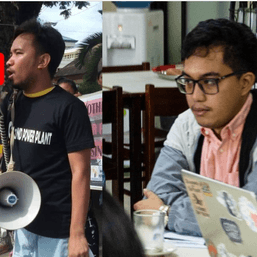
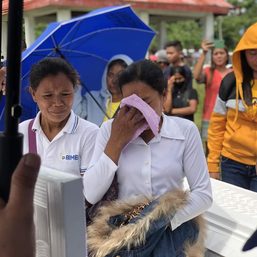
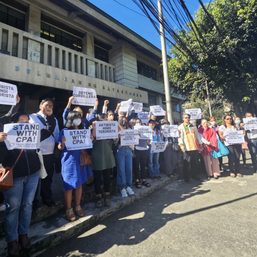
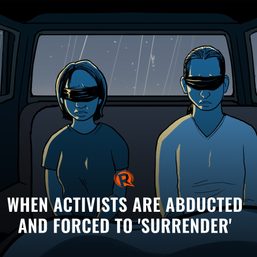
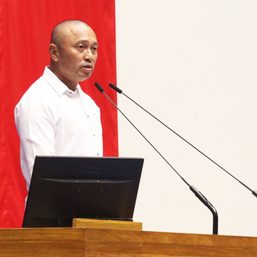
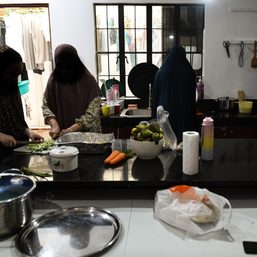

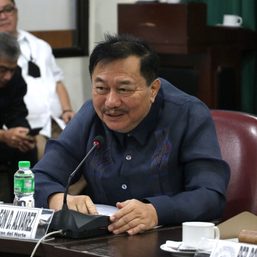

There are no comments yet. Add your comment to start the conversation.